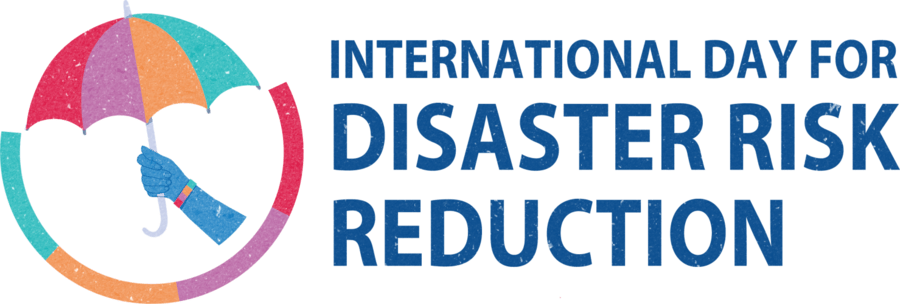Secretary of Civil Defense Council: Qatar committed to implementing disaster risk reduction policies

Doha, October 13 (QNA) - Secretary of the Civil Defense Council Brigadier General Ahmed Abdullah Al Abdullah affirmed the State of Qatar's commitment to implementing disaster risk reduction policies and its endeavor to enhance cooperation in this field.
In a press statement on the occasion of the International Day for Disaster Risk Reduction, which falls on October 13, Brigadier General Al Abdullah stressed that the State of Qatar is also keen to continue working to achieve the goals and objectives of the Sendai Framework and to enhance and develop national policies to reduce these risks.
The State of Qatar, he said, pays special attention to developing resilient societies, reducing disaster risks, increasing their ability to manage recovery and providing greater flexibility in this field.
He explained that the State has developed a general framework for disaster management, conducted a comprehensive assessment of national risks, prepared a register of vital infrastructure, and strengthened national action and joint efforts among all concerned parties to implement action strategies to reduce disaster risks.
In implementation of the slogan of this year's celebration 'The role of education in protecting and empowering youth for a disaster-free future', the Civil Defense Council sought to enhance cooperation with the relevant authorities, including the Ministry of Education and Higher Education, and the General Directorate of Civil Defense, in order to support efforts that focus on raising the capabilities of youth in the field of disaster risk reduction and integrating disaster risk awareness into educational activities and events to increase awareness, understanding and response to these risks and reduce their repercussions, he added.
The International Day for Disaster Risk Reduction 2024 focuses on the role of education in protecting and empowering youth for a disaster-free future.
The Sendai Framework for Disaster Risk Reduction was adopted at the Third UN World Conference in Sendai, Japan, in March 2015.
It is the outcome of stakeholder consultations and inter-governmental negotiations at the request of the UN General Assembly.
The framework aims to build the capacities of nations and communities to cope with the risk of small-scale and large-scale, frequent and infrequent, sudden and slow-onset disasters caused by natural or man-made hazards, as well as related environmental, technological and biological risks and hazards.
